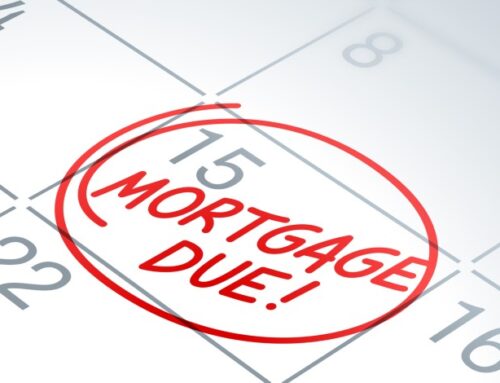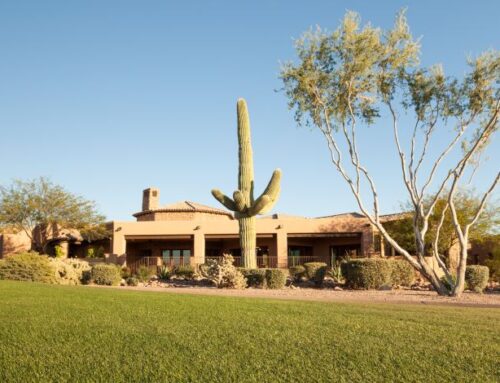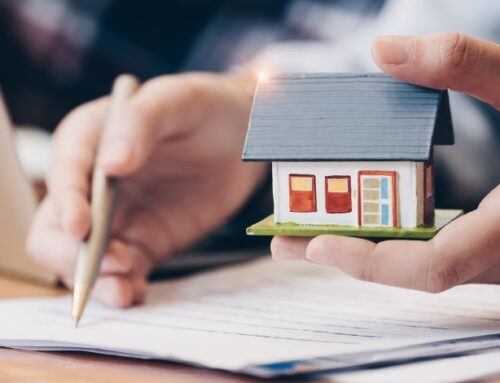So it’s time to buy a home. The whole process will require a lot of decision-making, but first, congrats on taking this big step. The next choice you’ll have to make is simple but important.
What type of home do you want to buy? Do you want to become a homeowner as soon as possible with a starter home or wait and save for your forever home? Keep reading to learn which might be best for you.
What Is A Starter Home?
A starter home is somewhere that you don’t plan on living forever. This could be a condominium, townhouse, or single-family home that you’ll probably outgrow but is affordable for most first-time buyers.
They are great for people who know they will move in one to five years or expand their family. They’re typically smaller, more modest in terms of style and serve basic needs for your foreseeable future. Plus, they’re usually lower in price in the local real estate market. This doesn’t mean all starter homes are older or fixer-uppers. Some are brand-new, entry-level houses.
What Is A Forever Home?
A forever home will meet your needs for a long time, possibly the rest of your life. They come in all sizes and styles, but the common denominator is always, “I could see myself living here forever.” There’s no standard for cost because everyone has their own dream home. It could be a large home with ample outdoor space and extra storage. Or it could be a fixer-upper in your favorite neighborhood you see renovating over time.
Starter Home Or Forever Home
Like most major life decisions, a list of pros and cons is a good place to start. Consider the benefits and disadvantages of opting for a starter home or forever home. Here are some tips to help guide your homebuying decision.
Benefits of buying a starter home
Starter homes are popular among young professionals who are just starting their careers or building a family. They tend to be at a lower price point, making saving for a down payment quicker and easier. This could help you build your home equity sooner than waiting to afford your forever home.
The goal is to be able to sell your starter home when you’re ready for something bigger and then apply the equity you gained toward that next home. They also allow for more flexibility for things you may not anticipate, such as a new job, relationship or baby that could change your housing needs quickly. Here are some other benefits to note:
- Lower property taxes.
- Less upkeep. Because they’re usually smaller than forever homes, there’s less to maintain. You’ll probably also save on heating and air conditioning.
- More savings. Smaller houses equal less furniture, so you’ll save on home decor too.
- Future investment opportunity. You could rent out your starter home once you choose to move into your forever home.
Drawbacks of a starter home
The biggest disadvantage of buying a starter home is that you will most likely outgrow it. Change always happens, and when it does, buying your next home will require you to sell the starter home (or rent it), pay closing costs, and then deal with the expense and stress of moving.
Starter homes also tend to be smaller than forever homes and often require little work. Be sure to get an inspection before committing and be prepared to deal with repairs as they pop up. And remember, location is everything. A starter home could be harder to sell when you’re ready if it’s in an undesirable neighborhood.
Benefits of buying a forever home
If you’ve started to think about settling down, starting a family, or just feeling stable with life, a forever home could be right for you. This option allows you to search for your dream home you can now afford or find one that you can mold into what you want without worrying about potential future buyers. It’s less about resale value and more about what you want your home to look and feel like.
Plus, you can put down roots and grow in your space. Imagine your family creating long-lasting relationships with the community since you won’t have to move as often (or maybe ever!). Plus, you can invest in better quality furniture and decor that will work perfectly in your dream home.
Drawbacks of a forever home
It always comes down to price point, doesn’t it? Forever homes usually cost more than starter homes, so they can take longer to save for, which might postpone your buying and equity building. You run the risk of saving for too long while home prices and mortgage rates increase out of your budget. And because they can be bigger than starter homes, everything becomes more expensive. Utilities, filling the home with furniture, and overall maintenance could be costly.
How To Determine Which Option Is Best For You
Here are some key factors to remember when deciding between a starter or forever home.
- Only spend what you can afford: Make a budget by considering your monthly income, expenses, credit profile, and savings that would cover a down payment and closing costs. We recommend not spending more than 28% of your gross monthly income on home costs and nothing over 36% on debts (i.e., a mortgage, credit cards, and other loans).
- Figure out your timeline: You’ll want to plan on owning the home for at least a few years. Even though starter homes have a shorter timeline, you still want to make sure you won’t lose money down the road.
- Think about resale potential: Factor in the long-term value of any home you’re considering buying, especially a starter home. Nicer homes in good locations will always have a better chance of appreciating. And perhaps think about the value you could add to a home by purchasing a fixer-upper at a lower price.
- Forever isn’t always forever: Your goals and dreams are constantly changing. That’s life. Forever isn’t forever when your job changes, your family grows or shrinks, or you decide to move. Reframe “forever” to “long-term” and consider what will meet your needs versus what’s “perfect.”
- Stay open-minded: Homes don’t always fall neatly into a starter or forever home category. Your first home could be somewhere between the two, depending on your needs, timeline, and budget. So organize your budget, keep an open mind, and try to have fun looking at homes.
Start The Homebuying Journey With A Prequalification
A starter home may need a little extra TLC, but they’re affordable, entry-level properties great for first-time buyers. A forever home is best for people who are certain they want to settle down somewhere specific for a long time. Whichever feels right, you’ll need to check your mortgage prequalification and weigh your mortgage options. Contact a mortgage specialist who can help answer all your questions and provide any other information you might need.





